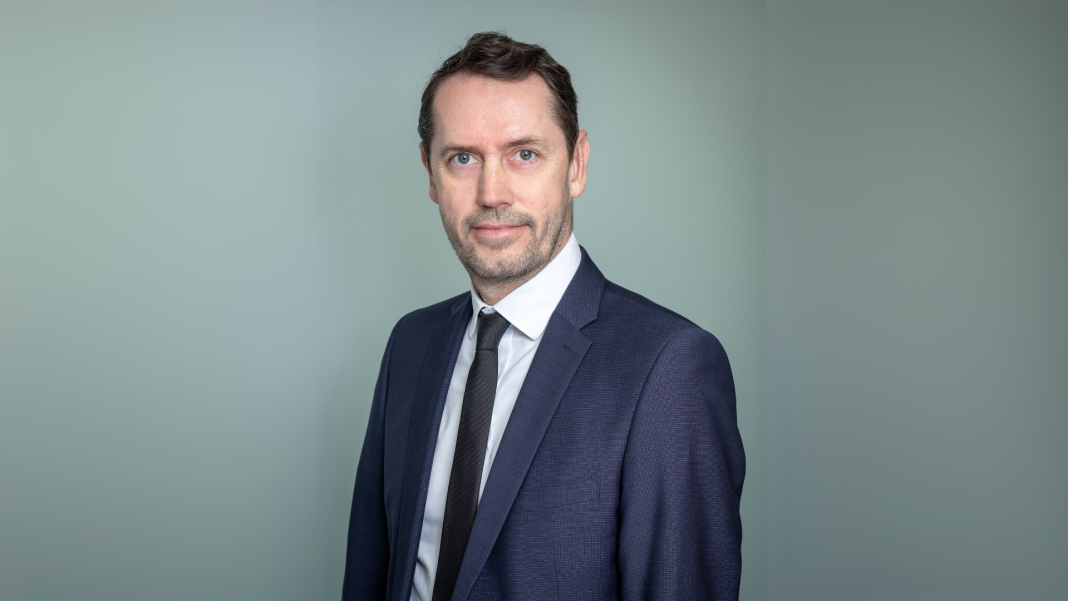Luxembourg is rapidly decarbonising public transport, with all buses set to be zero-emission by 2030. As an electromobility pioneer, Volvo Bus is now prioritising sustainability in its transport solutions.
Sustainability is more than zero tail-pipe emissions. Every bus and coach, chassis and component we make is developed with care to be better for our planet and humanity in the long run, to limit our climate impact. We apply a circular development process that improves our product’s sustainability profile – over 90% of our latest bus chassis can be recycled.
By 2030, we aim to cut emissions from our own operations by 50% and reduce our vehicle’s emissions by 40% per km. This work begins at the development phase by carefully considering the materials, technologies and business models involved.
Sustainable thinking is found throughout our supply chain. Our aim is to produce buses free from substances of concern, while respecting the environment and human rights. One of our main tools to achieve this is our Supply Partner Code of Conduct, a strong tool outlining the standards of environmental practices, human rights and health and safety we expect from our suppliers. We also run a thorough Sustainable Minerals Program, focusing on the sustainable sourcing of tin, tungsten, tantalum, gold and cobalt.
During production and use of the buses, we reduce waste and emissions, optimise water use, and improve our handling of solvents, oils and chemicals.
“Safety now also encompasses protecting machines from cyber threats, and not only people from physical harm”
Our sustainable approach is directly linked to the digital world as well. This transition from physical locks to digital firewalls illustrates the need for robust security measures to protect against evolving threats, playing a critical role in our transition from a traditional OEM to a competitive digital player. A focal point for this work is the rise of autonomous vehicles, which present new challenges. Safety now also encompasses protecting machines from cyber threats, and not only people from physical harm. Buses are data factories we must protect against all potential threats.
Europe faces growing competition from Far Eastern countries, where EVs are developed and manufactured with strong financial backing—creating an uneven playing field and encouraging price-driven decisions. Current public tender criteria risk overlooking long-term economic value and may neglect key factors such as labour rights, environmental protection, safety, security, and quality.
*Note: Volvo Bus has been present in Luxembourg since 2009.
This article was published in the 6th edition of Forbes Luxembourg.
Read more articles:
Luxlait: When Tradition Meets Sustainable Innovation

